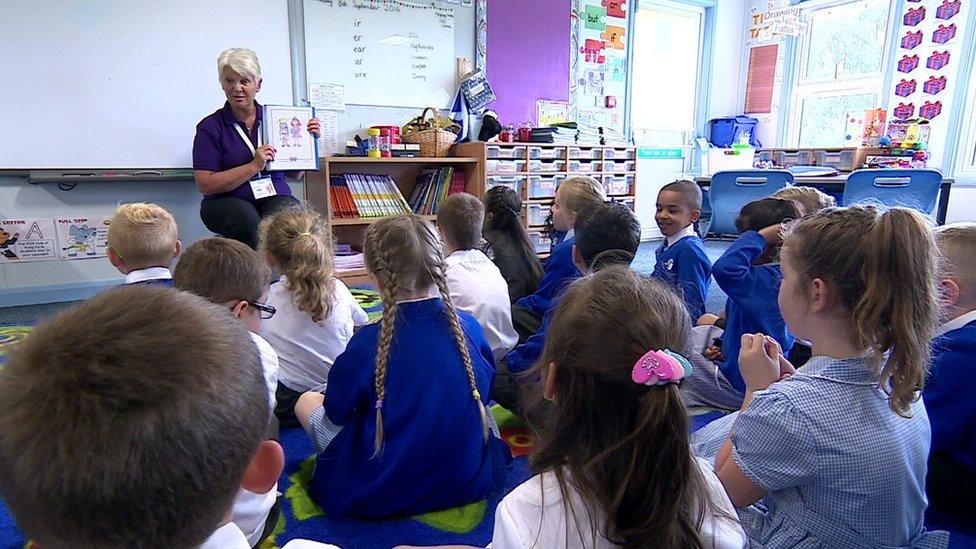Wales school sex education classes 'should be compulsory'
- Published
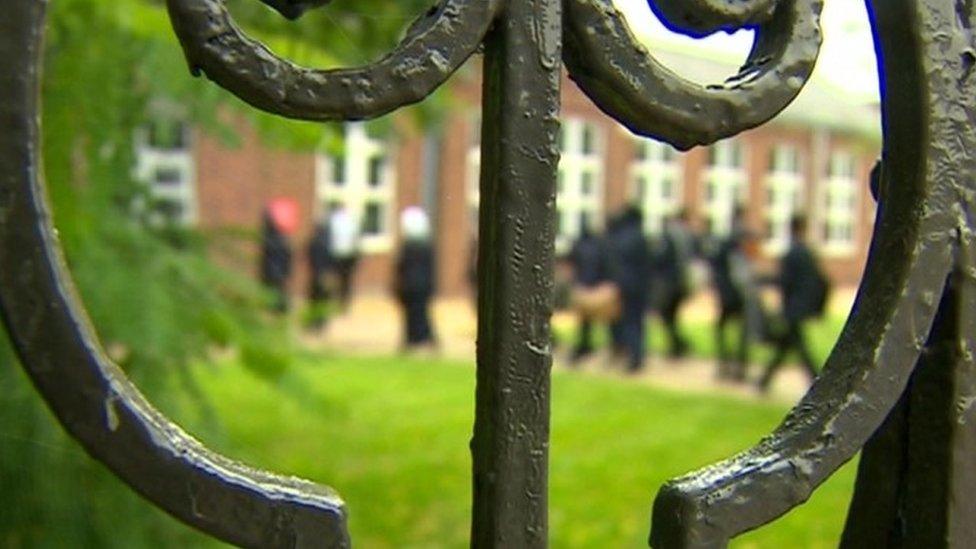
A new curriculum is due to begin in Wales in 2022
Lessons about sexuality and relationships should be compulsory in schools, say Welsh Government advisers on domestic violence.
Parents would not be able to take children out of classes, under proposals being considered.
The education minister will decide soon whether to make new-look relationships and sexuality education (RSE) compulsory for three to 16-year-olds as part of Wales' new curriculum.
An announcement is expected this week.
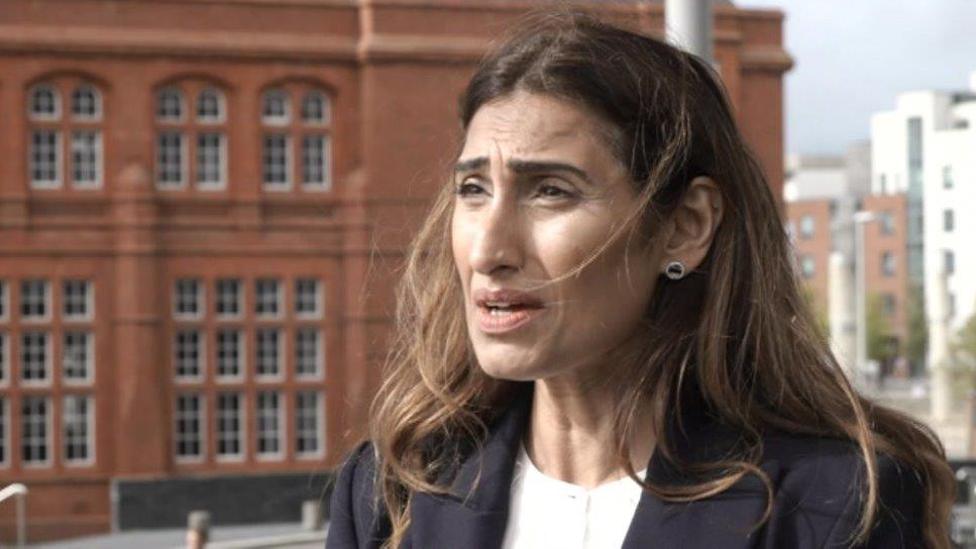
Yasmin Khan says parents need to be involved in preparing for the curriculum changes early to avoid protests
The vast majority of responses to a consultation opposed the idea, but government adviser Yasmin Khan said it should "absolutely be compulsory".
The new curriculum, due to start in 2022, would include much broader topics than the sex education currently only taught in secondary schools.
Schools would get guidance on "age and developmentally appropriate" RSE. The government has also said it "fully expects schools to be teaching RSE that is inclusive of LGBTQI+ learners".
However 87.5% of responses to a consultation opposed the idea of making it compulsory, compared to 10.2% in favour.
Objectors said parents should retain the right to withdraw children from lessons.
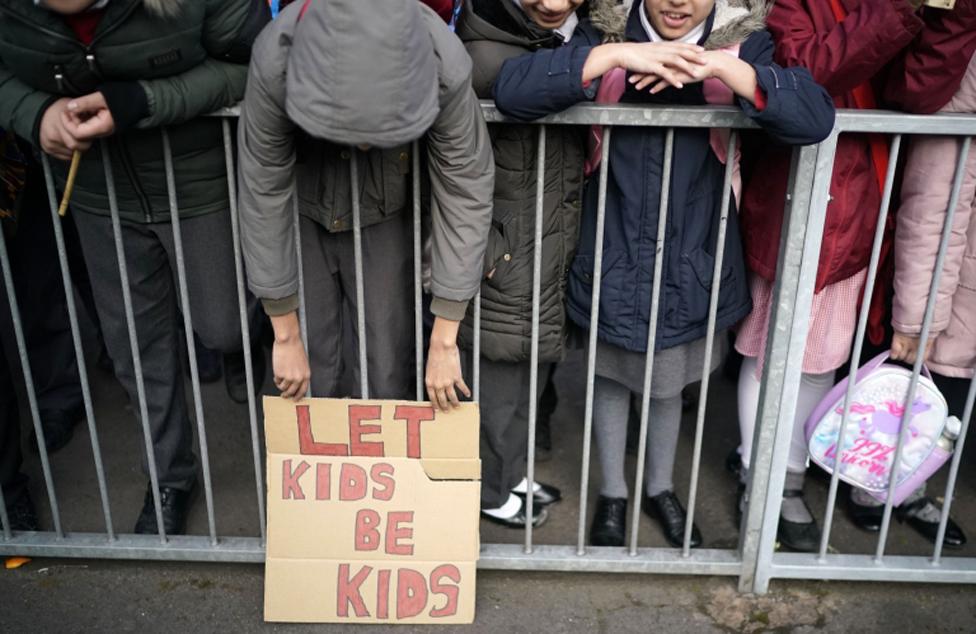
Parents have protested against a programme which teaches primary school children about LGBT rights in Birmingham
Ms Khan and her fellow adviser Nazir Afzal said parents need to be involved early in preparing for the curriculum changes to avoid protests such as those seen outside schools in Birmingham.
Demonstrations have been held outside schools in the city by people who object to children being taught about LGBT relationship.
In their annual report, the advisers say they are working with women and families "to provide a counter-narrative to ensure there is no miscommunication or misunderstandings".
"So-called community leaders have previously been the main conduit but this has often proved futile," they say.
Ms Khan, who founded the Halo Project for victims of honour-based violence, said: "We've learned from West Midlands that mediation is the last resort.
"We need to make sure that parents have a responsibility and they understand their responsibility and the content of that curriculum."
She added: "I think that's something that should be compulsory. I think every child has a right.
"If we are there to protect the most vulnerable, including children, then they have an absolute right to be protected.
"Education is one of the single things we can do to change behaviour. It absolutely should be compulsory."
School is the best place, it's the safest environment, for young people to understand what relationships are
Ms Khan said there was "an awful lot of miscommunication" and "a lack of understanding of exactly the content of that curriculum".
"Once families understand what that content is they can then start to make informed decisions," she said.
'Conversations'
Former prosecutor Mr Afzal, who has been mediating between schools and protestors in Birmingham, said: "School is the best place, it's the safest environment, for young people to understand what relationships are, what good relationships are, what an abusive relationship is.
"So we are just preparing really to ensure we don't have the same conflict in Wales that we already have seen in England."
He accused the UK government of being "quite cowardly" by not being prescriptive about what schools should teach.
"The Welsh Government and the Welsh authorities are going to provide leadership which has been lacking in England," he said.
Referring to some faith groups, he said there needed to be "conversations" with "people who have very fundamentalist views about what can and should be taught".
The Welsh Government said RSE would be "a statutory part of the new curriculum for all learners" from ages three to 16.
However officials could not say whether that meant it would be compulsory for all children to take part in such lessons.
- Published19 June 2019
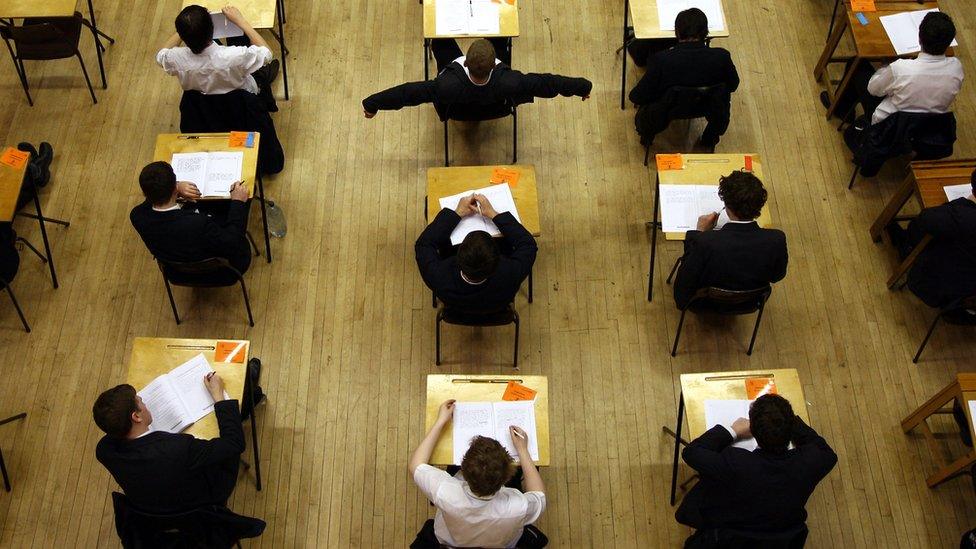
- Published19 June 2019

- Published30 April 2019
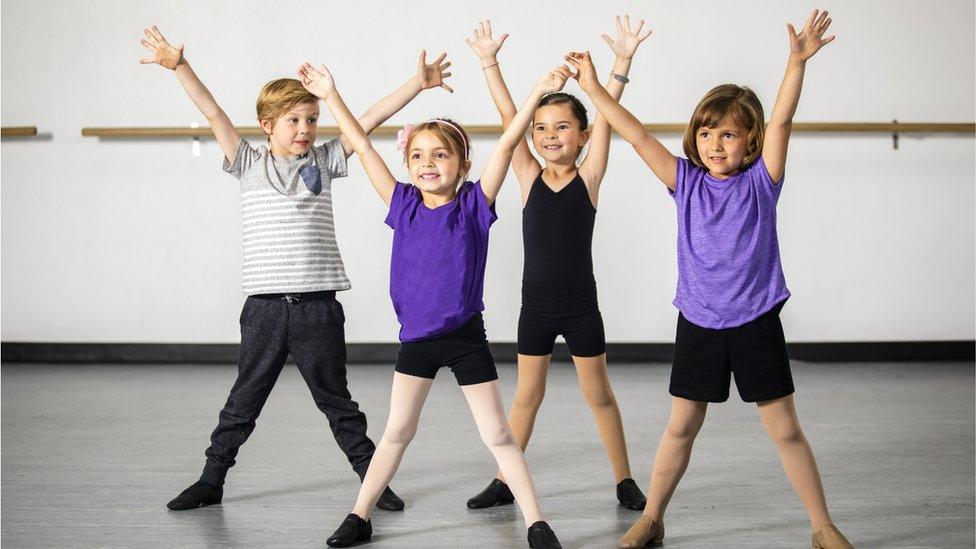
- Published22 May 2018
